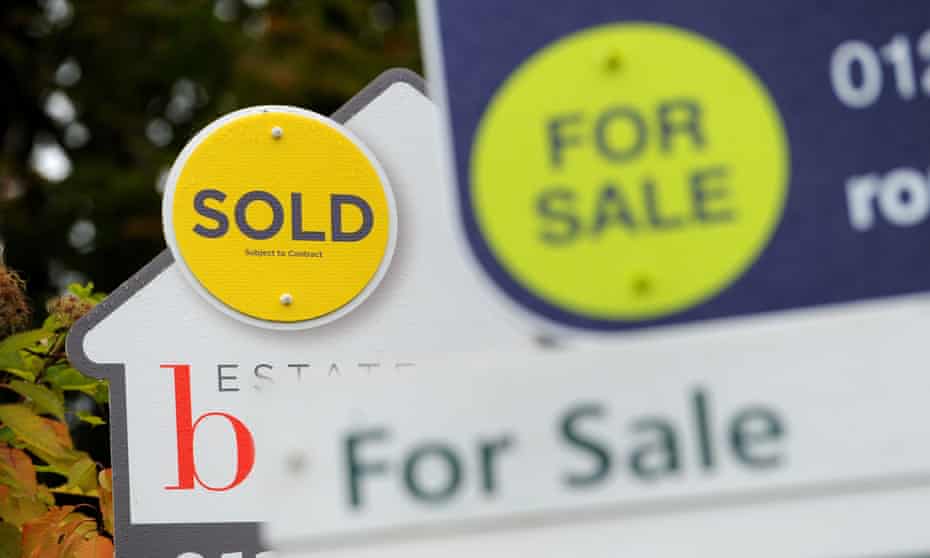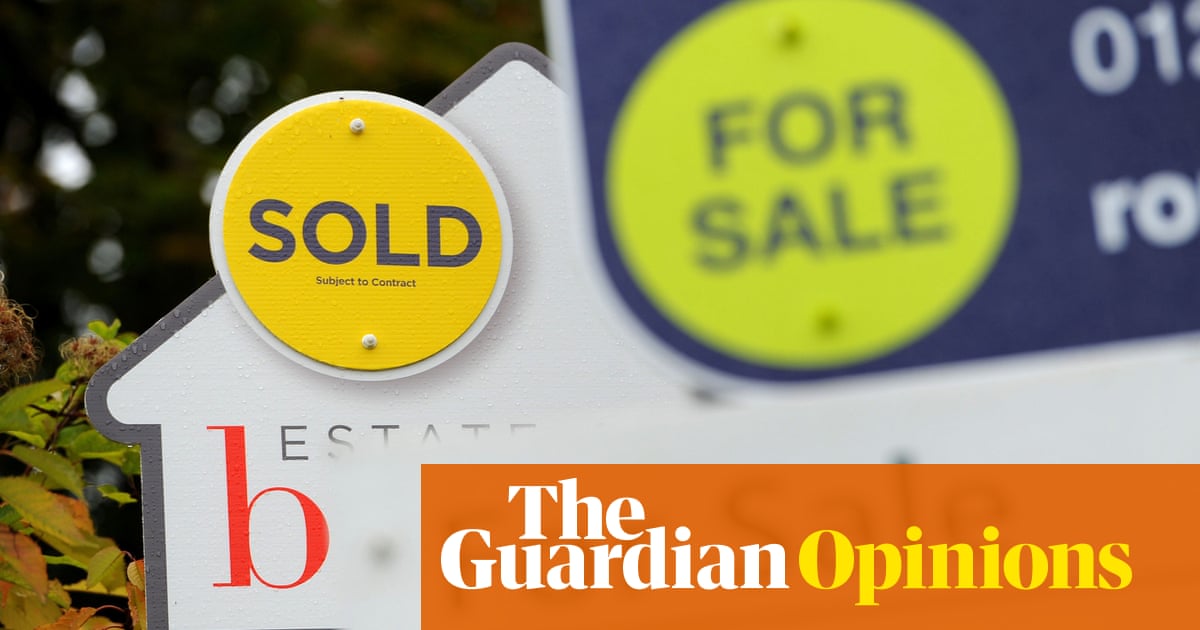Mortgage lenders need to warm up to energy-efficient homes

Government’s net zero plan wants to link energy upgrades to home financing, but policy details will be critical

If you want to live in an energy inefficient home, expect to pay more for your mortgage. Or perhaps the implied message in the government’s net zero documents was starker: you won’t even get a mortgage unless you bring the property up to scratch.
As nudges to homeowners and homebuyers go, it’s strong stuff. Quite right too, one might say: UK homes, on average, are shockingly leaky. And, since most home improvements happen soon after a purchase, one can see the logic in linking an energy upgrade to the mortgage process.
But there are some obvious questions around implementation. What if lenders fail to meet the target of improving the energy performance of properties they have lent against? The aim is an average EPC, or energy performance certificate, of band C by 2030, which is a tight deadline given that many properties don’t even have an EPC rating currently.
The target could become mandatory “if insufficient progress is being made”, says the government, which implies an enforcement mechanism. What is it? Capital add-ons for foot-dragging lenders could be a candidate, but that would be new regulatory territory.
Meanwhile, the gap between a “green mortgage” and the regular variety might have to be very wide to encourage a rush of £10,000 upgrades to central heating systems.
That’s not where the market is today – discounts for energy-efficient homes are tiny. Also remember that more than 50% of owner-occupied homes in the UK are owned without mortgages, so would fall outside the scope of this initiative. The details of this policy need work.
Sticking the landing
The Civil Aviation Authority got only one thing right in its review of landing charges at Heathrow. It refused, for a second time, the airport owners’ request for what amounted to a gold-plated pandemic bailout, courtesy of passengers, in the form of a £2.6bn hike to its regulated asset base (RAB).
The airline got a £300m adjustment in April and the regulator says it will not be pushed further. Very good: when the entire aviation industry has been clobbered, the likes of Spanish infrastructure group Ferrovial and Qatar’s sovereign wealth fund cannot expect other people to underwrite their lockdown losses.
But the meat of the CAA’s proposal related to the setting of landing charges for the next five-year period. On that score, the regulator produced a cop-out. The cap on landing charges, currently £22, will be lifted to somewhere between £24.50 and £34.40 per passenger, which is an extraordinarily wide range. In percentage terms, it’s an increase of between 11% or 56%.
Naturally, both sides – Heathrow and its airline customers – screamed blue murder, which is par for the course during these consultations. Heathrow, brazen as ever, had wanted a doubling of landing charges; the airlines say the airport is already one of the most expensive in the world.
Come back next spring to find out how the CAA settles the issue, and whether there’s any greater clarity by then over the pace of recovery in passenger numbers. But sympathy instinctively lies with the airlines, whose financial pain is more acute than Heathrow’s.
Having held the line on the RAB quarrel, it would be a shocker if the CAA goes wobbly on landing charges now. A rise of 56% for Heathrow, a monopoly business, feels far too much.
High stakes
A £16.4bn cash-plus-shares takeover bid for Entain, the global gambling company behind Ladbrokes and Coral, was never likely to be easy to assemble, so it’s not a surprise that Tuesday’s deadline for US group DraftKings to “put up or shut up” was merely extended by a month.
News that talks were still alive was good for a 3% rise in Entain’s share price, but the market clearly still doubts this saga will go the distance. DraftKings’s indicative offer is pitched at £28 a share, which is well short of the current share price of £21.84.
Entain’s list of “matters to be satisfactorily resolved” is long. The most significant item is “value protection” around the 50% stake in BetMGM, its US joint venture with MGM Resorts. The reference is a nod to the idea that the stake could be offloaded to the partner, but the price would be the critical piece of negotiation. MGM cannot be ignored.
Indeed, to further complicate matters, MGM could try to crash the dance by making a direct offer to Entain, as it did in January. (It was swiftly rejected). The situation is complicated. Since Entain doesn’t actually need to sell itself now, the odds are probably still against a deal.
